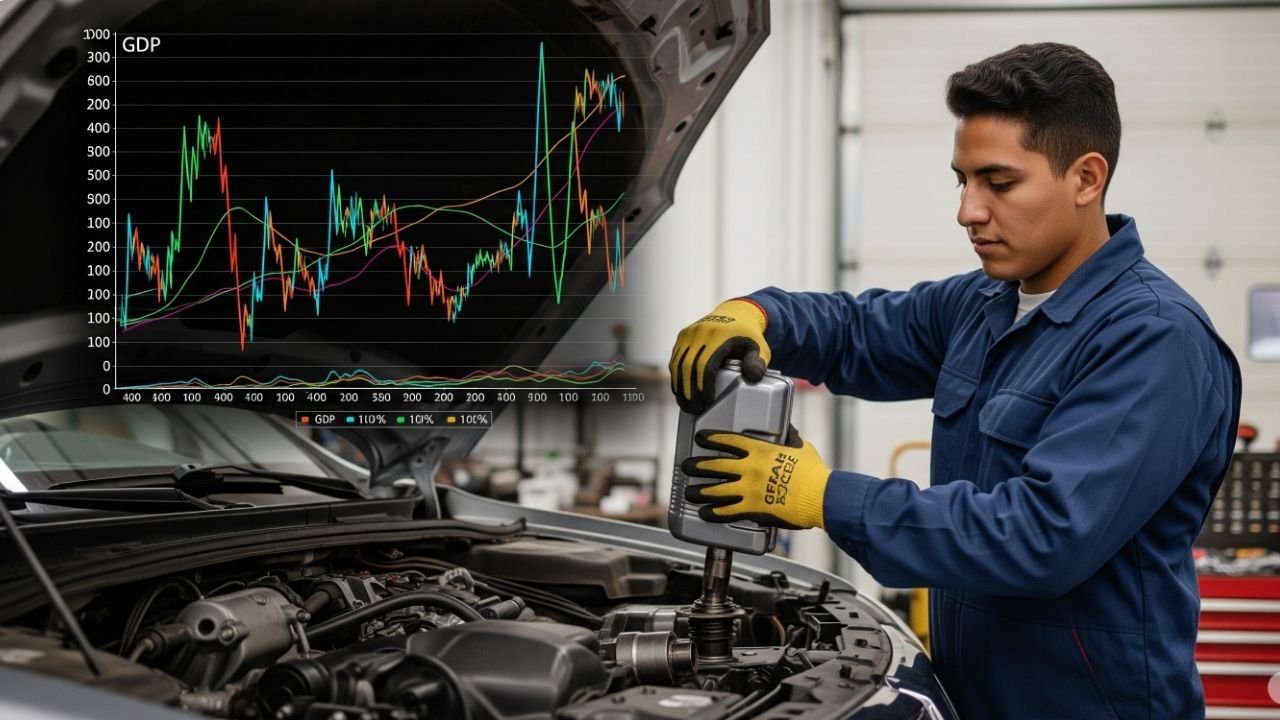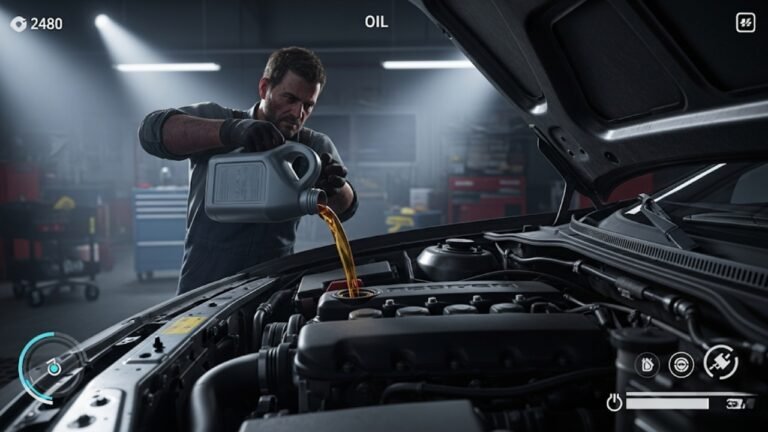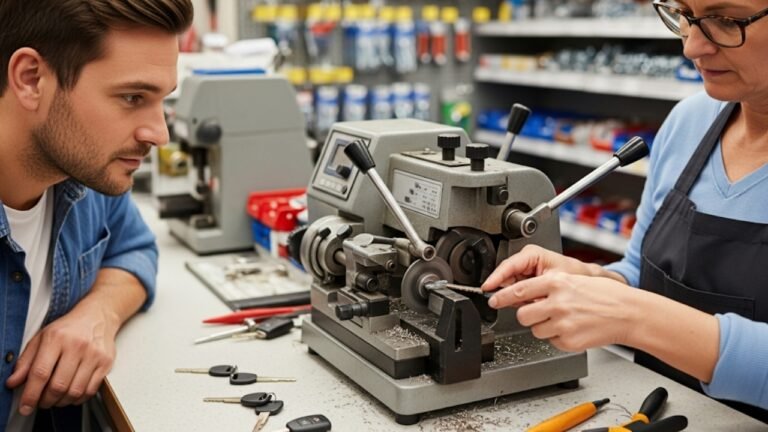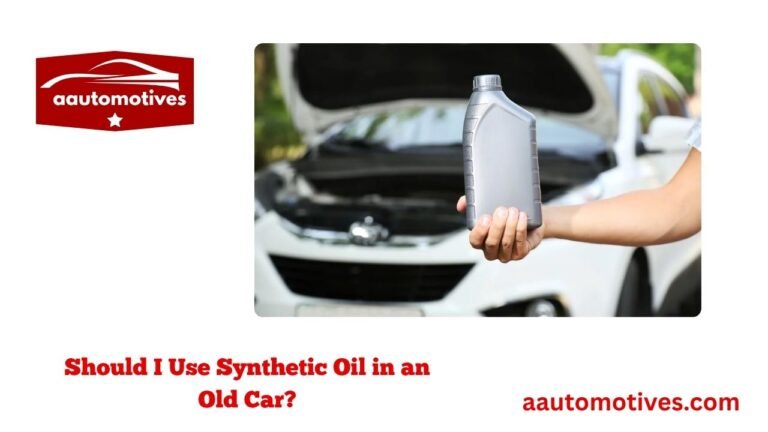What Happens to GDP If Susan Changes Her Own Car Oil Instead of Visiting Speedy Lube?

Let’s say Susan, like many of us, decides she wants to be more independent. So, she rolls up her sleeves, buys a wrench set, and starts changing the oil in her car on her own instead of going to Speedy Lube. It sounds like a small, personal decision, right?
But here’s the twist—if Susan stops going to Speedy Lube for a routine oil change and begins changing the oil in her car herself, then GDP is directly affected. Strange? Not really. GDP, or Gross Domestic Product, is a measure of all goods and services produced in a country within a certain time.
So yes, even the decision to skip a $60 oil change at a shop and do it at home could technically move the economic needle—just a little. But let’s explore how and why that happens in a fun, friendly, and understandable way.
Understanding GDP in Simple Terms
GDP is like a scoreboard for a country’s economy. It tells us how much stuff (products and services) is being made and sold. If it’s going up, we assume people are working, spending, and producing more. If it goes down, things may be slowing.
There are three main ways GDP is calculated:
- Expenditure Approach: What people spend on goods and services.
- Income Approach: Wages, profits, and rents earned.
- Production Approach: The value of output minus the value of inputs.
Now, if Susan stops going to Speedy Lube for a routine oil change and begins changing the oil in her car herself, that economic activity disappears from official records. Even though she’s still using oil and tools, it’s not counted the same way.
What Actually Changes When Susan Does Her Own Oil Change?
Here’s a breakdown:
| Scenario | Who Does the Work? | GDP Effect | Why? |
|---|---|---|---|
| Speedy Lube does oil change | A business | Increases GDP | Paid service is recorded as output |
| Susan does her own oil change | Herself | No impact on GDP | Personal labor isn’t counted in GDP |
So, while Susan might feel empowered and thrifty, the economy loses a tiny bit of recorded economic activity.
A Personal Act, An Economic Shadow
Imagine you’re at home, making your own lunch instead of eating out. You’re still eating. You’re still spending money on ingredients. But here’s the kicker—the GDP only sees the restaurant meal as economic activity.
The same goes for oil changes. If Susan stops going to Speedy Lube for a routine oil change and begins changing the oil in her car herself, she’s still consuming oil. But the service part—the labor, the expertise, the fee she’d pay Speedy Lube—that’s what disappears from GDP.
It’s like baking your own bread. Rewarding? Yes. Economically visible? Not quite.
Why GDP Doesn’t Count Personal Labor
GDP isn’t about how much work we do. It’s about how much work is sold.
That means:
- Mowing your own lawn? Not counted.
- Paying a neighbor kid $20? Still not counted (informal economy).
- Hiring a landscaping company? Counted.
So, when Susan takes the DIY route, the labor she performs isn’t traded for money, so it doesn’t show up in GDP—even though effort, time, and skill were involved.
Does That Mean DIY Harms the Economy?
Not quite! It’s more like DIY hides from the economy.
Here are the pros and cons from a GDP perspective:
Pros of Susan Doing It Herself:
- She saves money.
- Gains new skills and confidence.
- Becomes more self-reliant.
- Avoids potentially unnecessary upsells.
Cons in Terms of GDP:
- That $60 service fee at Speedy Lube is lost.
- The mechanic doesn’t get paid.
- Speedy Lube’s profits dip.
- Fewer taxes collected from that transaction.
So, if Susan stops going to Speedy Lube for a routine oil change and begins changing the oil in her car herself, then GDP dips—even if she’s thriving personally.
How Many People Would It Take to Lower GDP Noticeably?
This might surprise you: One Susan isn’t going to crash the economy. But what if a million people start doing the same thing?
Imagine if:
- 10 million car owners stopped visiting oil change services.
- Each skipped $60 services 3 times a year.
- That’s $1.8 billion in economic activity missing from GDP.
That’s real money. That’s fewer jobs in auto service centers. That’s lower tax revenue.
So while Susan’s decision is small on its own, when multiplied, it creates a ripple effect across industries.
Other Industries That Are Affected by DIY Decisions
This story isn’t just about oil. It applies to a lot of areas.
Examples of GDP-impacting DIY:
- Cooking at home vs. dining out.
- Cleaning your house vs. hiring cleaners.
- Home repairs vs. paying contractors.
- Teaching your kids vs. paying for tutors.
Each of these decisions, when done by individuals for free, lowers GDP visibility. The work still happens, but it’s not part of the economy on paper.
Bullet Summary: How Susan Impacts GDP
- GDP only counts market transactions, not personal efforts.
- Oil changes at Speedy Lube contribute to GDP because they’re paid services.
- DIY oil changes, like Susan’s, are invisible in GDP metrics.
- Large-scale shifts toward DIY could lead to notable GDP drops.
- GDP isn’t a measure of happiness or well-being—just economic activity.
The Emotional Side: Why People Choose DIY Despite Economic Implications
Let’s step into Susan’s shoes for a second.
Maybe she’s tired of getting upsold for services she doesn’t need. Maybe she just wants to spend quiet Saturday mornings in the garage, feeling capable and free.
She watches YouTube tutorials. She wears gloves. She spills some oil the first time. But the sense of achievement? Priceless.
This decision feels right. It makes her more connected to her car. She gets to know it better. She feels less dependent on businesses, and that’s empowering in today’s world.
Yes, if Susan stops going to Speedy Lube for a routine oil change and begins changing the oil in her car herself, then GDP might miss out on a few dollars. But Susan gains something that GDP can’t measure: confidence, self-reliance, joy.
The Ripple Effects: One Oil Change at a Time
What Susan does in her garage might feel small. But multiply that by millions of people, and it’s like a slow drip turning into a flood.
Let’s say Susan tells her friends about how easy it is to change oil. They try it too. Then they post on TikTok. Suddenly, #DIYOilChange is trending.
Here’s what starts happening:
- Auto shops lose repeat customers.
- Mechanics’ hours get cut.
- Suppliers sell fewer service products.
- Local governments collect less sales tax.
Now think about how many small businesses rely on routine services like oil changes. That $60 job is their bread and butter. And when people like Susan go DIY, it quietly chips away at those revenues.
So, if Susan stops going to Speedy Lube for a routine oil change and begins changing the oil in her car herself, then GDP doesn’t just drop in a straight line. It ripples outward, affecting jobs, wages, even tax-funded services like roads and schools.
Does This Mean DIY Should Be Avoided?
Absolutely not. In fact, from a personal and sustainability standpoint, DIY often makes sense.
Benefits of Going DIY:
- Saves money long-term.
- Builds useful skills.
- Creates self-sufficiency.
- Reduces reliance on consumer systems.
- Promotes slower, more intentional living.
But here’s the catch—GDP doesn’t account for these human benefits.
So, even if Susan feels more confident, competent, and financially free, the numbers don’t show it. Economists only see a dip in measurable transactions, not an increase in life satisfaction.
And that’s why GDP is a flawed but useful tool. It sees the world through dollars—not depth.
Looking at GDP Differently: Is Bigger Always Better?
We’ve been taught that higher GDP means progress. More spending, more output, more jobs. But more isn’t always better.
What if Susan changing her own oil is part of a broader shift?
- People grow their own food.
- They trade skills with neighbors.
- They live in smaller homes, use fewer resources, and waste less.
GDP would fall—but would society be failing? Or just shifting?
This raises deep questions:
- Should we chase GDP at all costs?
- Should we build systems that reward independence?
- Should happiness and sustainability be counted too?
These are big thoughts for a simple oil change. But Susan’s story shows us that small acts can open big doors.
What Economists Say About This
Many economists agree that GDP has blind spots.
Here’s what some alternative thinkers propose:
- Genuine Progress Indicator (GPI): Adds values like time use, volunteering, and well-being.
- Human Development Index (HDI): Measures education, life expectancy, and income.
- Green GDP: Factors in environmental costs and natural resource depletion.
In these models, Susan’s DIY oil change could be seen as a net benefit, especially if it reduces waste, builds knowledge, and promotes a slower lifestyle.
So, if Susan stops going to Speedy Lube for a routine oil change and begins changing the oil in her car herself, then GDP might fall—but other models might say she’s winning.
What This Teaches Us About Economics and Life
The economy isn’t just about money. It’s about how we live, connect, grow, and support one another.
Susan’s story reminds us:
- Our choices matter, even the small ones.
- GDP isn’t the whole story.
- Personal empowerment can’t be measured by receipts.
- Real value often happens in the background—quiet, unpaid, and unnoticed.
We need to start valuing the invisible economy—caring, sharing, teaching, repairing. That’s where true wealth lives.
Let’s Reimagine Progress: Beyond the Cash Register
It’s time to think bigger than GDP. If we only count what’s bought and sold, we miss what truly matters.
Here’s a vision:
- A world where time is as valuable as money.
- Where teaching your child math is as respected as tutoring someone else’s for pay.
- Where Susan doing her own oil change is seen not as a lost transaction—but as a found freedom.
Maybe the real question isn’t “What happens to GDP?” but “What happens to Susan?” If she’s better off—wiser, freer, more skilled—then maybe we all are, even if the GDP scoreboard ticks down a notch.
Comparing Traditional vs. DIY Economies
| Feature | Traditional (Market) Economy | DIY (Informal) Economy |
|---|---|---|
| Measured in GDP | Yes | No |
| Creates official jobs | Yes | No |
| Builds personal skills | Rarely | Always |
| Promotes community sharing | Not usually | Frequently |
| Encourages self-reliance | No | Yes |
| Taxable | Yes | No |
| Supports local business | Yes | No (indirectly) |
| Reduces environmental waste | Often ignored | Often emphasized |
FAQs
1. What exactly is GDP, and why does it matter?
GDP stands for Gross Domestic Product. It measures the value of goods and services a country produces. It’s often used to assess the health of a nation’s economy.
2. Why doesn’t DIY work show up in GDP?
Because GDP only counts market-based transactions—work that involves money changing hands. Personal labor isn’t counted.
3. Is GDP the best way to measure a country’s success?
Not always. It doesn’t count unpaid work, happiness, or sustainability. It’s just one tool among many.
4. Is Susan hurting the economy by doing her own oil change?
Not really. While her spending isn’t counted in GDP, her actions may benefit her personally and promote a more sustainable lifestyle.
5. How does Susan still contribute to GDP while doing it herself?
If she buys oil, tools, or supplies from a store, those purchases still count. It’s just the service labor that doesn’t.
6. What are other examples of hidden work not counted in GDP?
Parenting, caregiving, cooking, cleaning, homeschooling, volunteering, and even community gardening all fall outside GDP’s scope.
7. Should governments track non-market labor?
Some suggest creating “satellite accounts” for unpaid work to better understand its impact. It’s still a debated topic in economics.
8. Can a strong DIY culture help or hurt a country overall?
It depends. DIY promotes resilience and learning but could hurt businesses dependent on service revenues. Balance is key.
Final Thoughts: Susan’s Wrench and the Bigger Picture
When Susan picks up that wrench and slides under her car, she might not realize she’s participating in a quiet economic revolution. One that says:
- “I can do this myself.”
- “I don’t need to buy everything.”
- “I want control over my life.”
Sure, if Susan stops going to Speedy Lube for a routine oil change and begins changing the oil in her car herself, then GDP won’t record that triumph. But maybe it should.
Because GDP will never feel what Susan feels when she turns that bolt, hears the glug of oil, and stands back proudly thinking, “I did that.”
And that’s something no number can ever capture.





